Assessment of neuroendocrine dysfunction following traumatic brain injury.
Por um escritor misterioso
Descrição
A screening protocol adapted for selected patients at risk for endocrine problems is described, and physicians should be aware of the importance of neuroendocrine dysfunction following TBI. Posttraumatic neuroendocrine pathology may be a clinically significant complication following traumatic brain injury TBI. Metabolic abnormalities are described after TBI in two cases. A 21 year old male injured in a motor vehicle accident admitted in a minimally responsive condition presented with fluctuating high sodium levels, undetectable serum testosterone, and depressed cortisol and thyroid function. Imaging revealed near complete avulsion of the pituitary stalk leading to panhypopituitarism. A 38 year old male admitted for occipital skull fractures and brain contusions presented with hypona tremia and low serum testosterone. Both patients required hormonal replacement and correction of electrolyte abnormalities. A screening protocol adapted for selected patients at risk for endocrine problems is described. While neuroendocrine screening is not advocated in all TBI patients, physicians should be aware of the importance of neuroendocrine dysfunction following TBI.
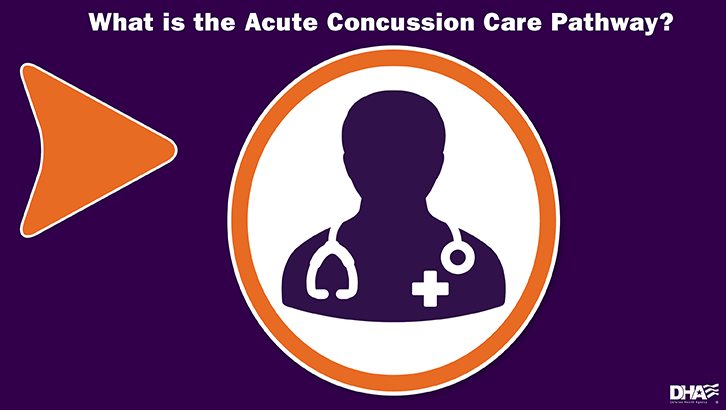
TBI Resources for Medical Providers
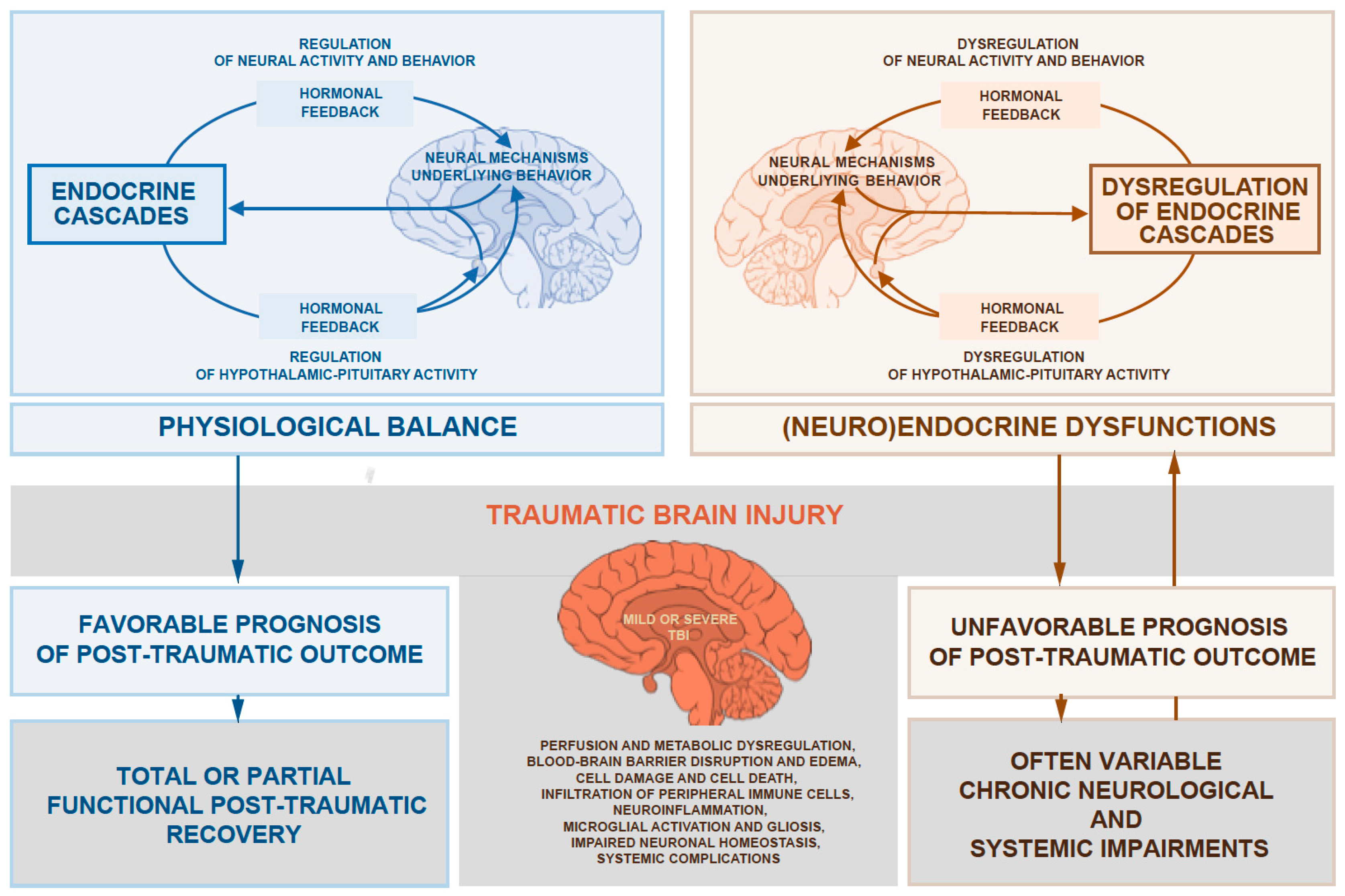
JCM, Free Full-Text

Assessment of neuroendocrine dysfunction following traumatic brain injury.

Diagnosing and Managing Carcinoid Heart Disease in Patients With Neuroendocrine Tumors: An Expert Statement - ScienceDirect
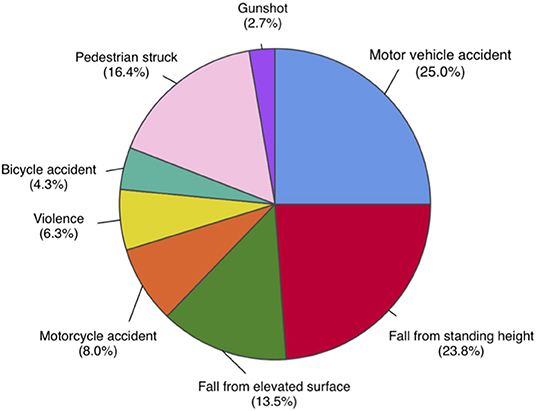
Frontiers Agitation Following Severe Traumatic Brain Injury Is a Clinical Sign of Recovery of Consciousness
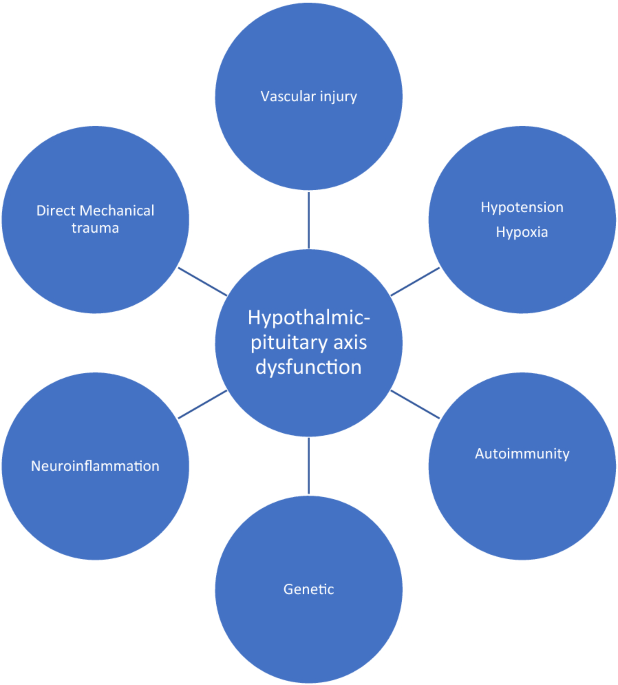
Endocrine Dysfunction After Traumatic Brain Injury: An Ignored Clinical Syndrome?

A New Avenue for Lithium: Intervention in Traumatic Brain Injury
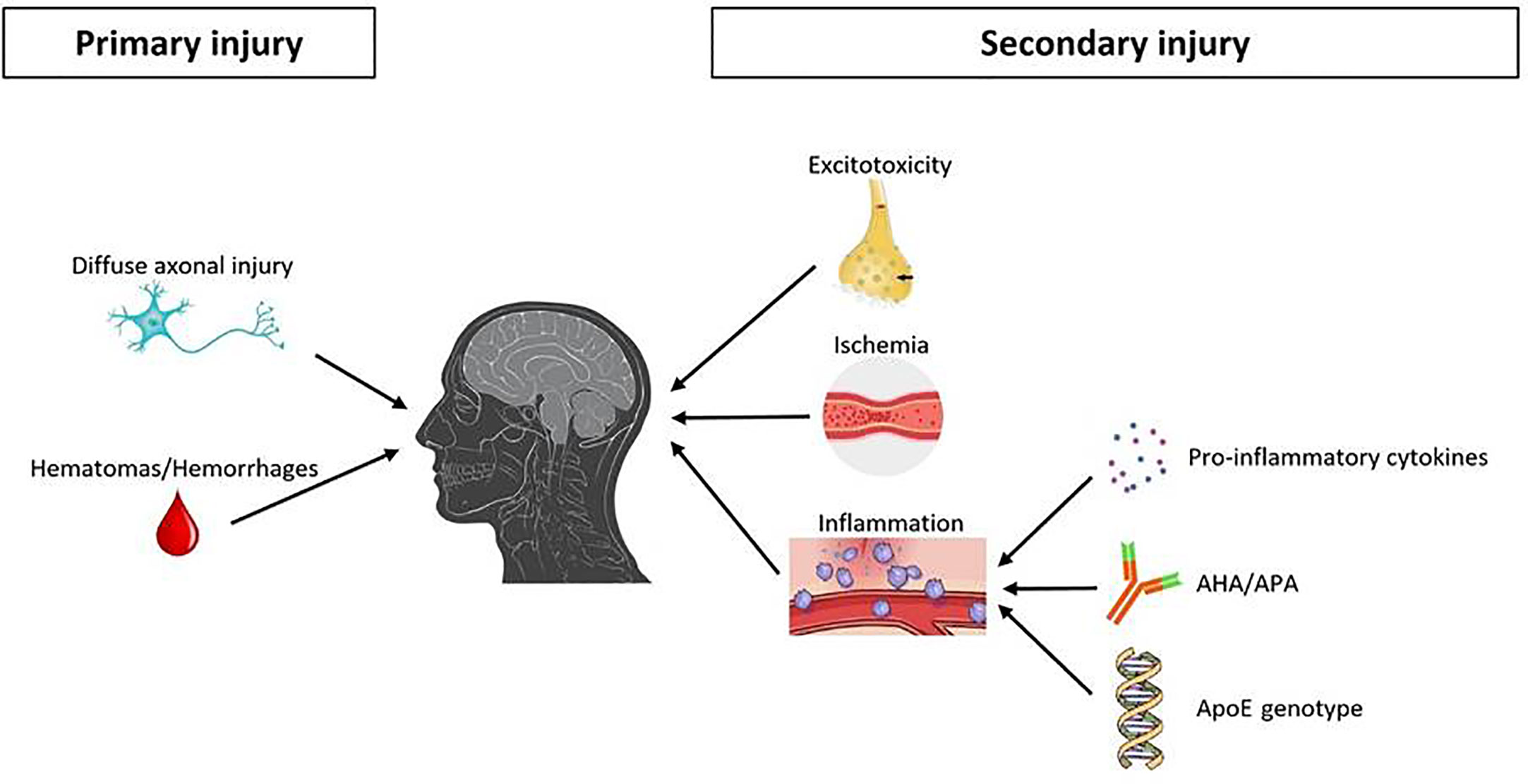
Frontiers Traumatic Brain Injury as Frequent Cause of Hypopituitarism and Growth Hormone Deficiency: Epidemiology, Diagnosis, and Treatment

PDF) Fatigue after traumatic brain injury: Association with neuroendocrine, sleep, depression and other factors
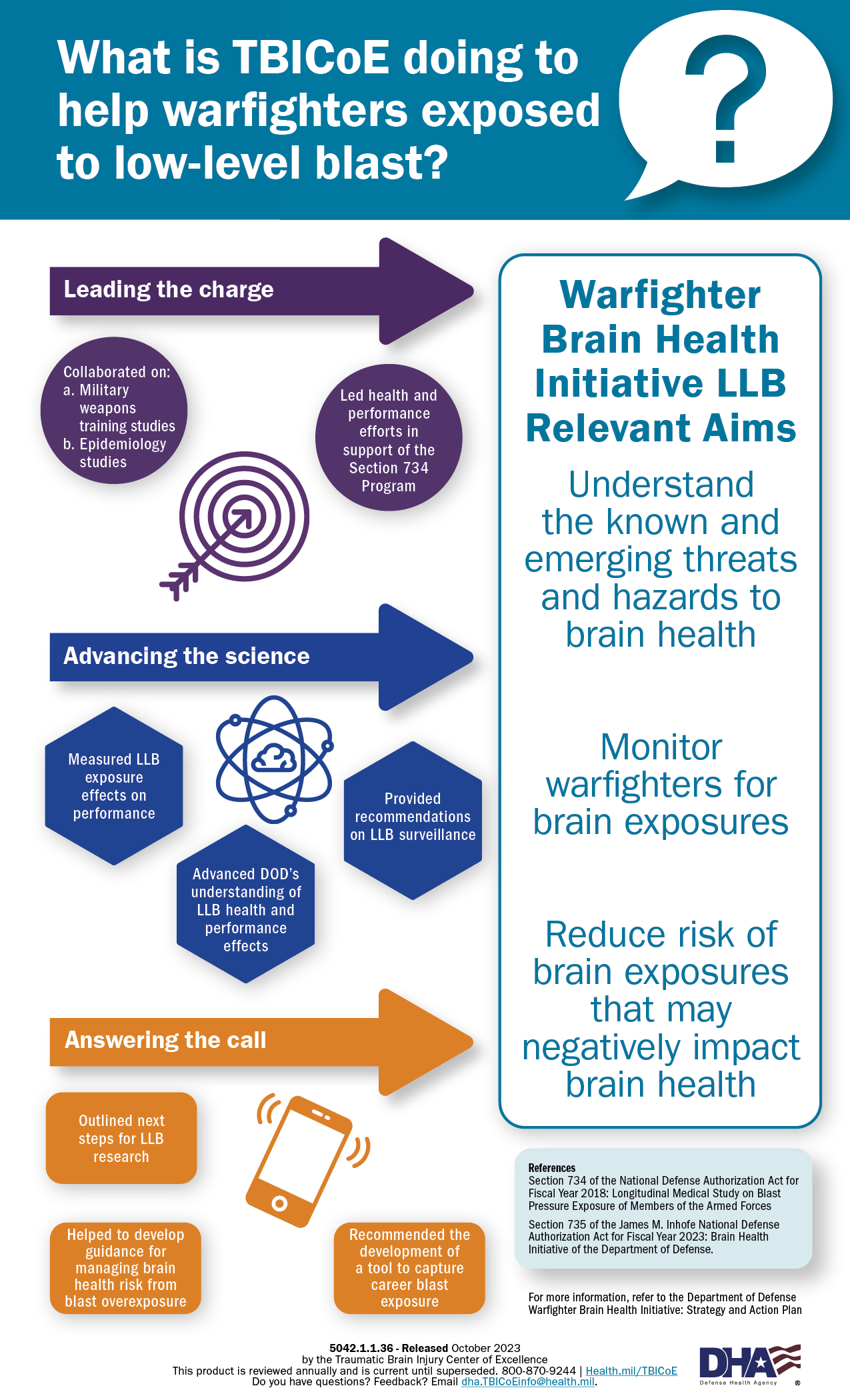
TBI Resources for Medical Providers
de
por adulto (o preço varia de acordo com o tamanho do grupo)




/i.s3.glbimg.com/v1/AUTH_08fbf48bc0524877943fe86e43087e7a/internal_photos/bs/2021/e/K/cNLFLHSam0jUYhZMU9yA/2015-01-27-artigo-horror-psp.jpg)


